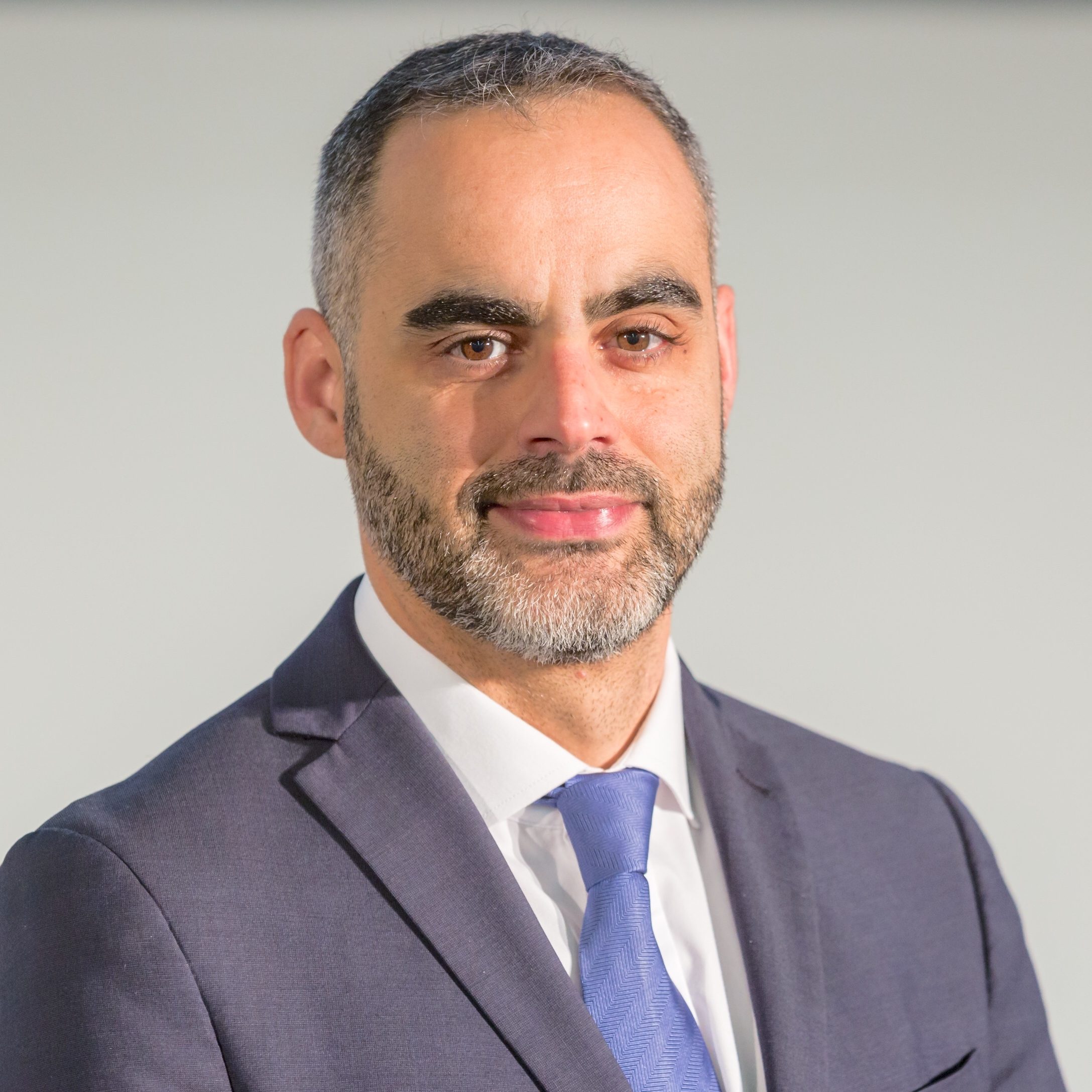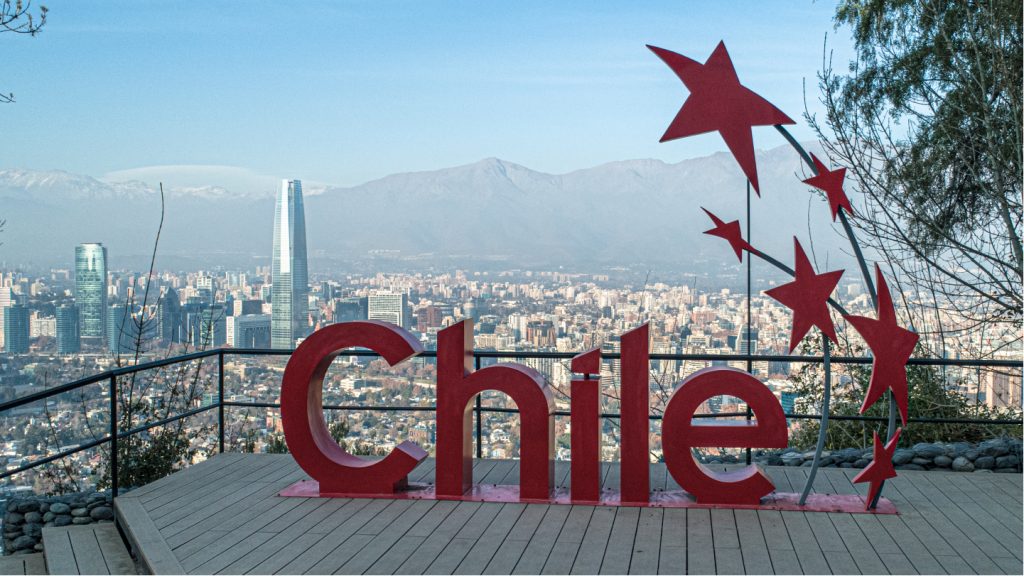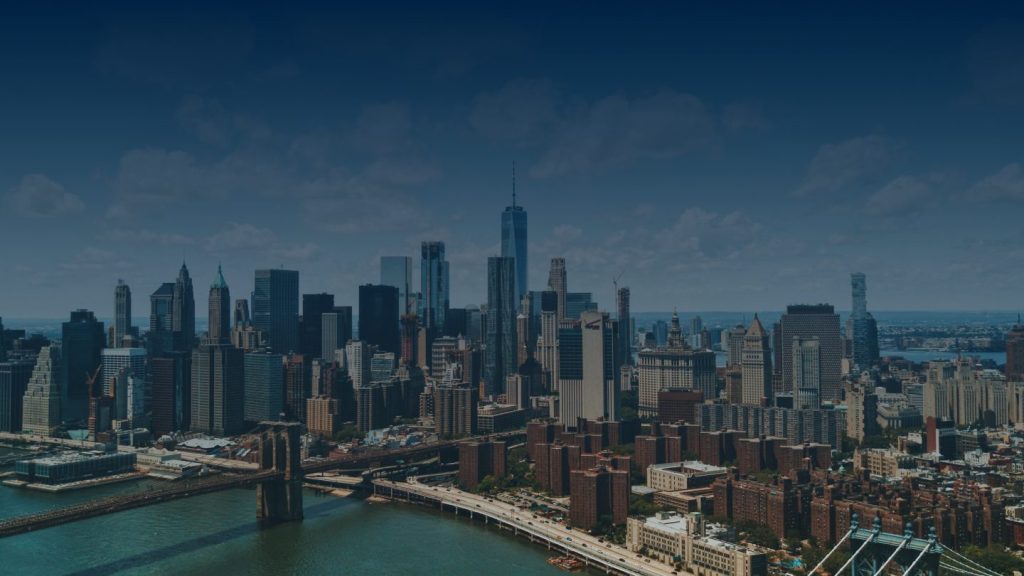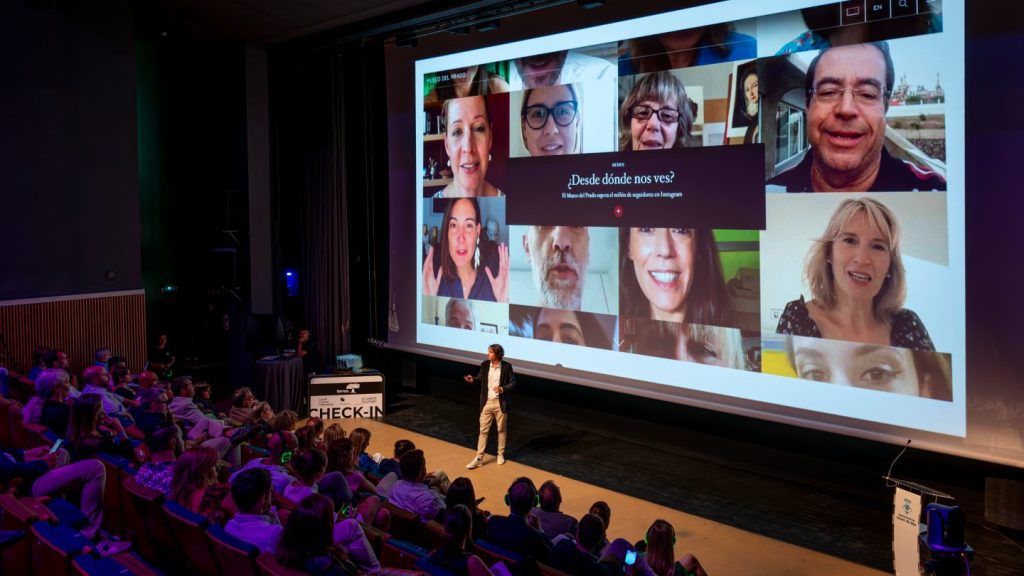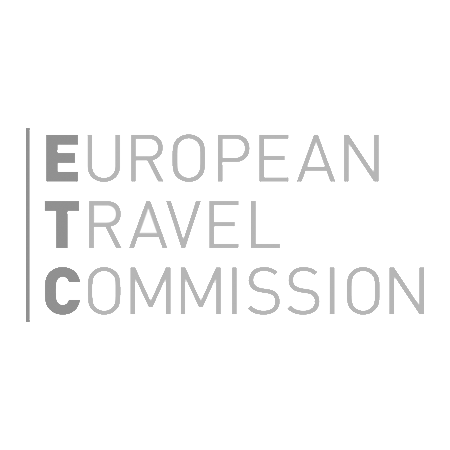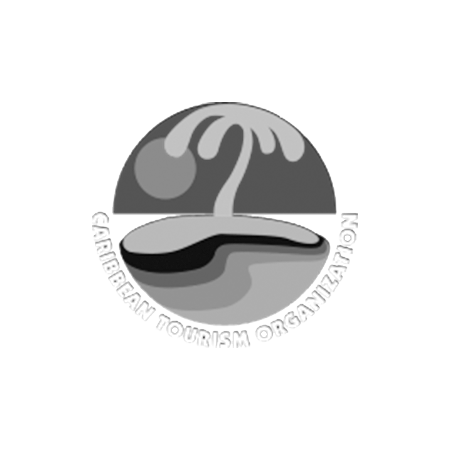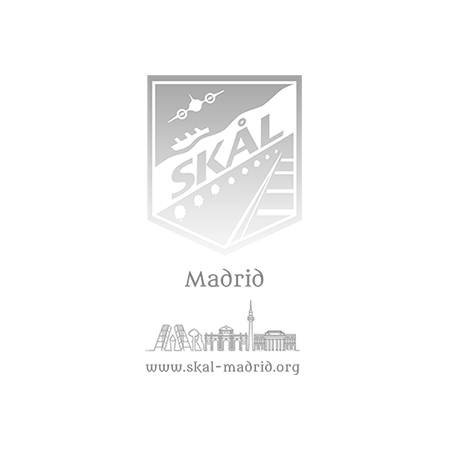Who is Eduardo Santander?
I am proud to be the Executive Director of the European Travel Commission (ETC), an association of National Tourism Organisations (NTOs) created in 1948 to promote Europe as a tourism destination. For over eight years, I have been steering ETC's activities aimed at building the value of tourism for the countries of Europe through cooperation in sharing best practices, market intelligence and promotion. In this role, I have been a passionate advocate of freedom to travel, smart connectivity and sustainability in tourism and beyond.
It is widely recognised that Europe is the number one tourist destination in the world. However, European tourism is currently facing the COVID-19 crisis which has severely affected a promising tourism year and put the sector at a standstill in almost all European countries.
In this time of uncertainty, we need to foster a sense of togetherness and to quickly identify the best strategies to ensure minimum impact and a speedy recovery for the sector.
The focus of ETC's strategy is to encourage competitiveness and promote the sustainable growth of European tourism.
"ETC's long-term strategy focuses on developing PPPs for European tourism promotion and raising awareness for pan-European, transnational thematic tourism products and experiences (such as cultural routes, heritage) that shall inspire and be tailored to different markets, passions groups and traveller segments. "
AK: The coronavirus crisis will have a major economic impact in the world and the European tourism industry is not apart. Do you believe that it is possible that tourism coexists with the Coronavirus? How?
ES: I believe we absolutely need to. Tourism is a part of our way of life, it is embedded in European culture, and the livelihoods of many people across Europe depend on it.
What we now know is that the various travel restrictions are likely to be lifted in stages and long-haul travel may not be permitted for some time yet, intra-European and domestic tourism can go some way to helping struggling travel businesses to recover. We can still save summer holidays within Europe. Several major EU destinations have already indicated that they would like to open their countries for European tourists in the coming months, including Greece, Croatia, Italy, Portugal and Austria.
With common European travel protocols and safety tourism standards, using digital solutions, intra-European travel could start the recovery of the sector in 2020, saving at least part of the summer season and helping struggling travel businesses to recover.
We need to adapt to the new normal and find smart solutions to restart travel in Europe once the epidemiological situation allows. For the tourism industry this translates to three main points:
A harmonised approach in Europe will be key for tourism recovery. When we remove travel barriers and open borders, we need to do this in a coordinated way, with the aim of reinstalling free movement in the Schengen area, with some precautions, as soon as it is safe and possible.
We should also think about the very near future. We need to increase health standards evenly across the EU, and travel protocols should be, if not completely harmonised, compatible and mutually recognised.
Lastly, we need to create standards for the new normal so that people can resume travelling with peace of mind. The industry should be invited to help governments, as the private sector is intimately aware of what needs to be done. We also need to make sure we communicate well and reinstall confidence to travel in Europe.
AK: Do you think the new promotion campaigns should mention Covid-19? In what way?
ES: The COVID-19 pandemic is likely to change travel and tourism as we used to know it. However, it should not change the fundamental brand values of a destination.
In the immediate aftermath of the pandemic, travellers will want to be reassured about new health and safety protocols put in place in the destination they plan to visit. To restore confidence, destinations together with the industry should launch new informative campaigns that focus on communicating such practical information and advice to both consumers and travel professionals.
In terms of driving demand again in the long-term, destination promotional campaigns should continue to be built upon the brand values and unique selling proposition of the destination.
AK: How can video help the European tourism destinations mitigate the impacts of Covid-19?
ES: In these times of uncertainty, it is paramount to communicate regularly to your customers, partners, stakeholders and local citizens. Video is a powerful and effective tool for communication and storytelling.
When the pandemic became a reality, many destinations reacted fast and adapted their ongoing campaigns to include messages that were more relevant at that time. That is why we have seen multiple destinations launching video campaigns with messages such as "dream now, visit later" or "we are in this together" in an attempt to keep the destination top of mind while also encouraging responsible behaviour.
As the situation evolves, destinations are using video to share inspiring stories about solidarity and how local businesses and communities are adapting during these difficult times.
AK: How can Travel video Marketing be used to help strengthen collaborations under the umbrella of a common European marketing promotion? Can you mention any projects using video with a common European marketing promotion?
ES: ETC strongly believes that it is crucial that National Tourism Organisations continue to strengthen their collaborations under the umbrella of a common European joint promotion, especially in these unprecedented times. It will take time to regain consumer confidence in travelling to and across Europe, particularly from long-haul travellers. No destination will be able to achieve this on its own. Now more than ever, cooperation between destinations at all levels will be crucial. The challenge has always been to align messages and strategies, but this crisis has taught us how interdependent we all really are. The recovery from this situation clearly requires a coordinated response.
That is what ETC has been doing for more than 70 years. ETC was created after the Marshall Plan with the aim of helping Europe rebuild its economy following World War II. The aftermath of the COVID-19 pandemic can be compared with the times of our very foundation, as its consequences on the economy are projected as severe and immediate.
The circumstances might be similar now but we can use different tools such as video or social media to boost the recovery and restore confidence in travel.
AK: How can video help establish a reputation for specialised products that appeal to and fulfils the needs of different traveller segments?
ES: In order to appeal to niche audiences, destinations and marketing professionals need to have intimate knowledge of their needs and channels, language and platforms they use to communicate. You need to be present where travellers and their communities are. Once you have found out this, you need to become part of the community and build a relationship with travellers so that they will trust you. Producing useful video content that addresses those needs is an effective way to build that trust.
AK: In your opinion, why is Video an important tool to promote a Tourism Destination?
ES: Video is one of the most powerful influencers in the visual decision-making process. Marketers are shouting it from the mountains, and consumers are validating it with their preferences. Simply put, video content is exploding, and it is here to stay.
"Revaluation of the travel and tourism industry will lead travellers to consider conscious tourism. People will start asking themselves before they book their holidays, what is going to be the impact, not just from an environmental point of view, but also what they are doing for local communities."
AK: Do you think that Travel Video Marketing will play an important role to encourage tourists to travel to Europe again?
ES: As mentioned previously, video is a powerful and effective tool for communication and storytelling, and one of the most powerful influencers in the visual decision-making process. We have already seen multiple destinations launching video campaigns in attempt to keep the destination top of mind while also encouraging responsible behaviour.
During this time of social distancing, video is a great tool to stay in touch with your community and customers.
AK: In the very near future, when this pandemic passes and it is possible to travel again, in what conditions and shape will tourists find the desired European Destination?
ES: There are a number of aspects to consider when answering this. I think this crisis represents an opportunity for change, the trigger for a new beginning in tourism across Europe. We have been talking for so long about sustainable growth, climate change, overtourism, etc., and this is an opportunity to press the reset button, challenge pre-established models and finally take all these matters seriously. It is high time now to reinvent the tourism sector of tomorrow – to accelerate the transformation to sustainable, digital and innovative tourism – to keep Europe as the first and the best destination in the world.
Tourists must change their attitude as well. Revaluation of the travel and tourism industry will lead travellers to consider conscious tourism. People will start asking themselves before they book their holidays, what is going to be the impact, not just from an environmental point of view, but also what they are doing for local communities.
This goes in line with the revision of ETC's vision and mission that we started with our members last year, to lay the foundations for a sustainable and resilient future of European tourism. Some of our members, such as Visit Flanders, NBTC Holland Marketing, the German National Tourist Board and many others, were already considering a transformation of the tourism of tomorrow before the crisis. This crisis has further accelerated awareness.


